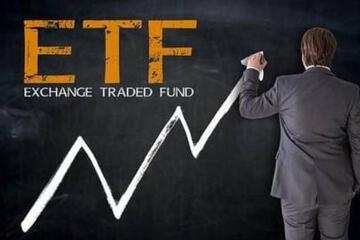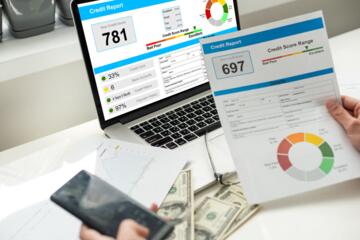What do you do when you’re in the candy store, and you’re trying to think what sort of bar you’d enjoy the most? Do you close your eyes and pick one at random? Do you leave the store altogether and forget you even went in? What about asking your friend for advice? They can help you to understand what you might be enticed by at that point, and support your decision, or warn you against making a poor one. If we often look to others in order to get advice on quite menial things, it would also make sense to get advice on complex areas of life.

Finance and taxes is definitely an area of life where some of us are inexperienced and concerned. The financial world can seem very complex at certain points, and it can be difficult to chart a course through it safely. So asking for advice seems like a really great option. Getting a second opinion can be the thing that really assures you that the decision you are making is good and beneficial.
Tax is a much-maligned aspect of modern life. It can sometimes be frustrating to have a lump of your hard-earned money taken from you before even seeing it. And though it goes to help local authorities and beneficial services, it’s still hard to cope with sometimes.
Let’s try and get some help with tax, let’s talk about tax advisors.
What are tax advisors?
A tax advisor is an agent or accountant who makes a living by helping people and institutions that are paying tax that they may not essentially need to. The U.S.A’s tax legislation is complex on the best of days, and these agents know exactly how to make sense of it in order to help people benefit from alleviation.
There are two different types of tax advisors:
Enrolled agents
Enrolled agents have to pass a difficult test in order to sustain their professional credentials. This is because the industries requirements are changing so much of the time. These agents are licensed by the federal government and are approved by the IRS, able to carry out tax advice in a legal environment.
Certified public accountant
CPA’s are very similar to enrolled agents in their abilities and power. One difference between the two is that a CPA is licensed by the state that they are practicing in. To do so they have to complete over 100 hours of study and clear a test administered by the American Institute of CPA’s.
CPA’s sometimes run their own offices, others work for large corporations, or work with the general public, charging via tax return or on a service-by-service basis.
Why might I need a tax advisor?
You’d be surprised to know how many people in the USA are paying taxes that they don’t really need to right now. The government is not always going to clearly inform you if you are giving them money that you don’t have to. A lot of the time it is up to the individual to have the knowledge and focus to find these things out for themselves.
The U.S.A’s tax code is over 2500 pages long. And it’s not an interesting read whatsoever. But, tax advisors make a living off of studying it back to front. This allows them to save businesses and individuals money in vital areas such as retirement and small business planning and management.
Life events such as a marriage or birth of a child are also times where there can be money scraped from superfluous payments to the state.
How do I find the best possible tax advisor?
If you understand now what a tax advisor does and want to know the best way to find one, there are a few things that you have to for yourself first.
Understand what you need
It’s no good contacting a tax advisor, and then not knowing how to explain your tax situation with them when it comes to that time. They won’t know how to help you and you’ll get off to a bad start. The best thing you can do is take a good look at your financial withstanding and assess your tax situation. If your tax requirements are quite simple, you know that you don’t need advice on much, just little things here and there. Equally, if you own a couple of small businesses and are getting married, you know that you’ll need an advisor with a hands-on approach that knows what they are doing.
Knowing what to communicate to a potential tax advisor is the first stage of a great relationship, that way your connection can be based on trust and knowledge.
Clean up your tax record
If your relationship with the tax man isn’t the best that it could be, it might be beneficial to clean that situation up before getting an advisor involved. It goes without saying that the first thing they would instruct you to do is pay those outstanding taxes, so why not save them time and do it anyway?
That way you can get onto more pressing issues that you actually need some help with. If you save them time and effort by trimming the edges of your tax situation, they can definitely help you out much more easily.
Know how to spot a fraud
Just because the work is complex and tests are rigorous, doesn’t stop people from setting up shady advisory services that do not do what they are meant to. If you see or hear any whiff of unprofessional conduct, you should not do business with that individual. They are only going to bleed more money than they should out of you. You want an advisor with a wealth of experience and knowledge, not someone looking to rip you off. Contact your local Better Business Bureau, as they will often have reports and reviews concerning specific tax advisors.
Disclaimer: Our service is not intended to be, nor should it be construed as financial advice. We help our readers make informed decisions via impartial information and guides. Where appropriate, we may introduce partner companies who can provide services relating to financial products.






